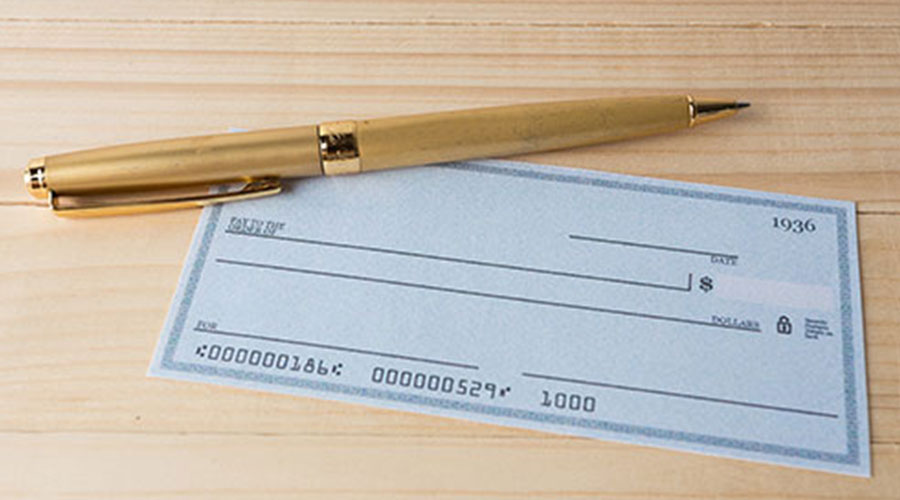Cheque bounce is a situation when a cheque cannot be processed because of insufficient funds in the account. Apart from insufficient funds, there are other grounds such as illegitimate/unacceptable signature in the cheque and incorrect inputs in the cheque.
For instance, mismatch in the amount in words and the figure; the date being post-dated or 6 months predated; unclear name of the drawee; overwriting on the cheque; closed or frozen bank account at the time of presenting the cheque are some of the major reason for a cheque bounce. However, in such a case, the cheque bearing amount remains unpaid and is returned by the bank to the drawee with a letter of rejection.
Drawee’s Right
When a cheque is dishonoured, the bank issues a ‘Cheque Return Memo’ (letter of rejection) to the drawee mentioning the reason for non-payment. The drawee has the right to prosecute the drawer legally for the dishonour of the cheque. The purpose for which the cheque was issued also matters when drawee wants to go for a lawsuit against the drawer.
If the cheque was issued as a gift or as a way of lending loan or for some unlawful purpose, the lawsuit cannot be instituted against the drawer but if the cheque is issued towards discharge of a debt or any other liability of the drawer then in that situation a lawsuit can be initiated.
Legal Action
We understand that the bill of exchange can be of great significance in a land where business takes place. The laws of UAE consider the cheque bounce offence as a serious offense and the drawee can file a criminal complaint as well as a civil case against the drawee.
The UAE Federal Law No. (18) of 1993 Commercial Transactions Law (Commercial Transaction Law) sets out the provisions relating cheques in the territory.
Article 617 of the Commercial Transactions Law states that the drawee can present the cheque before the bank for collection only on or after the date written on the cheque, not before it.
Article 618 of the Commercial Transactions Law states that the time limit to present the cheque is six months from the date mentioned on the cheque.
Article 401 of the UAE Federal Law No. 03 of 1987 Promulgating the Penal Code (UAE Penal Code) states that if a cheque is bounced due to any of the grounds mentioned therein, the Drawer shall be punished with detention or fine.
Procedure Followed in UAE
The general procedure is that if a cheque is dishonoured, the aggrieved party can file a criminal complaint in the local police station and the drawer will be asked to present himself/herself before the police station. The drawer can either settle the matter by paying the amount or he/she will have to face further legal consequences.
If the settlement doesn’t happen, the police may register a criminal complaint against the defaulter and transfer the case to the Public Prosecutor/the Criminal Court for further investigation. The public prosecutor/criminal court as the case may be will convict the drawer by imposing a fine/detention, respectively.
The criminal liability of the drawer is usually subject to the discretionary power of the Public Prosecutor/Criminal Court.
Amendment to Commercial Transaction Law:
In October 2020, the UAE Cabinet issued the Federal Decree-Law No. 14 of 2020 (Decree Law) amending various provisions of the UAE Penal Code and the Commercial Transaction Law, which will come into force on 2nd of January 2022. The major part of the amendment in relation to Cheque Bounce are as follows:
The Decree Law inter alia cancels articles 401, 402, and 403 of the UAE Penal Code which sets out the penal provisions for the issuance of cheques with bad faith/insufficient funds thereby decriminalizing cheque bounce cases.
The Decree Law amends Article 641 of the Commercial Transaction Law, which states that the following acts will be considered a crime of a bounced cheque and punishable by criminal law:
- If the drawer instructs the banker not to encash the cheque presented by the beneficiary.
- If the drawer withdraws all the available money in the account or closes the account before the cheque is presented.
- Deliberately signing a cheque in a way that makes it unpayable.
The Decree Law aims not only to protect the rights of the drawee but also creates several mechanisms and alternative resolution to settle the matter through encouraging reconciliation, and urging the payment of the value of the cheque.
Amendment to Article 635 of the Commercial Transaction Law under the Decree Law will constitute the cheque returned due to insufficient fund as an executive instrument to be executed directly before the court of execution in accordance with the relevant provisions of the UAE Civil Procedures Law (Federal Law No. 11 of 1992 as amended) relating to execution of judgments/orders.

